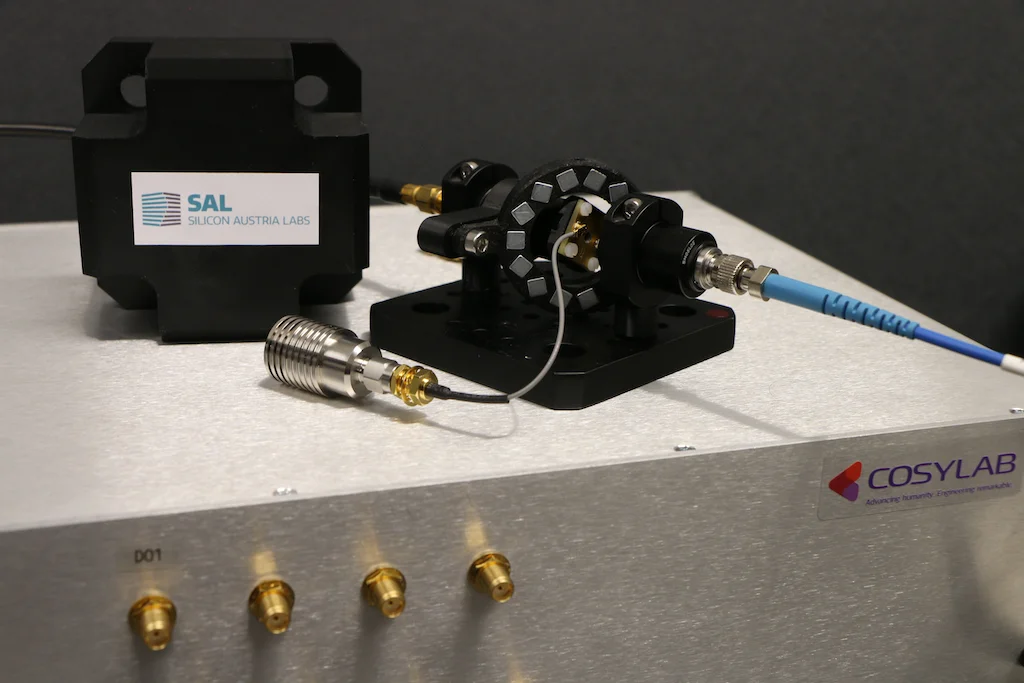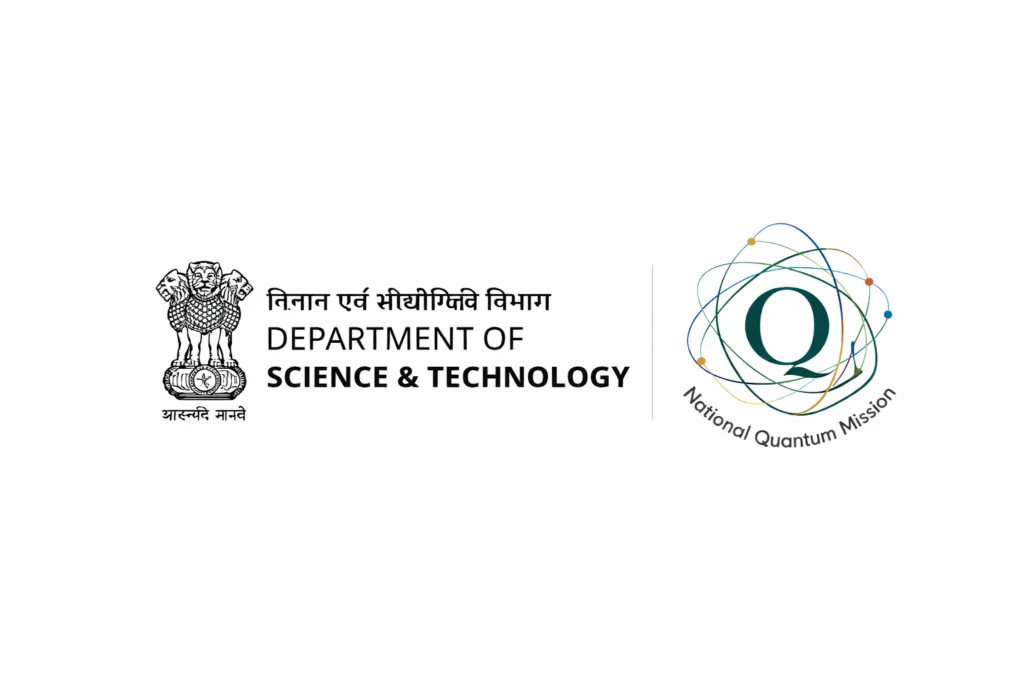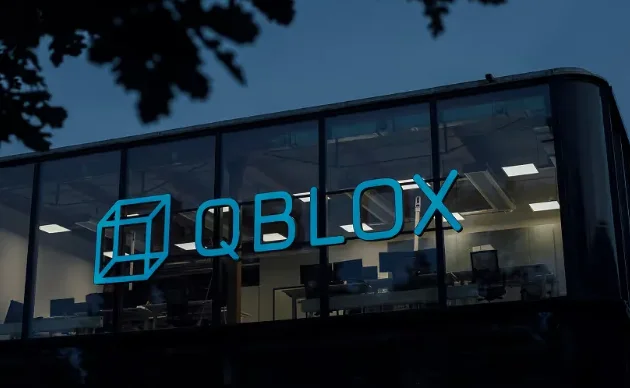Insider Brief
- HSBC and IBM demonstrated the first-known quantum-enabled algorithmic bond trading trial.
- The experiment showed up to a 34% improvement in predicting the probability of winning customer inquiries in the European corporate bond market compared to classical methods.
- The trial used IBM’s Quantum Heron processor to augment classical workflows, highlighting potential competitive advantages for financial services as quantum computing advances.
PRESS RELEASE — HSBC today announced the world’s first-known empirical evidence of the potential value of current quantum computers for solving real-world problems in algorithmic bond trading.
Working with a team from IBM, HSBC leveraged an approach that utilised quantum and classical computing resources to deliver up to a 34 percent improvement in predicting how likely a trade would be filled at a quoted price, compared to common classical techniques used in the industry.
Algorithmic trading in the corporate bond market uses computer models to quickly and automatically price customer inquiries in a competitive bidding process. Strategies incorporate real-time market conditions and risk estimates to automate this process, allowing traders to focus on larger and more complex trades. The highly complex nature of these factors is where the trial showed improvement using quantum computing techniques compared to classical computers alone.

HSBC and IBM’s trial explored how today’s quantum computers could optimise requests for quote in over-the-counter markets, where financial assets such as bonds are traded bilaterally without a centralised exchange. Algorithmic strategies and statistical models estimate how likely a trade is to be filled at a quoted price. The teams validated real and production-scale trading data on multiple IBM quantum computers to predict the probability of winning customer inquiries in the European corporate bond market.
The results demonstrate the value quantum computers could offer when integrated into the dynamic problems facing the financial services industry, and how they could potentially deliver superior solutions over classical-only methods.
Philip Intallura, HSBC Group Head of Quantum Technologies, said the trial marks a tangible example of how today’s quantum computers could solve real-world business problems at scale and offer a competitive edge. He noted that positive results on current hardware show financial services may be on the cusp of a new computing frontier.
Jay Gambetta, Vice President IBM Quantum, said the project illustrates what is possible when domain expertise, advanced algorithm research, and the computational strengths of both classical and quantum systems are combined. He emphasized that such work is essential to unlock new applications as quantum computers scale.
Quantum computing uses the laws of quantum mechanics to represent and process information in a space exponentially more expansive than classical systems can access. This positions quantum computers to solve certain problems beyond the reach of even the most powerful classical supercomputers operating alone.
In this case, IBM’s Quantum Heron processor augmented classical workflows to better identify hidden pricing signals in noisy market data than classical-only approaches, resulting in significant improvements in the bond trading process. IBM’s quantum computers are available today through the cloud, alongside Qiskit, an open-source quantum software stack. IBM Heron is IBM’s latest and highest-performing quantum processor.















